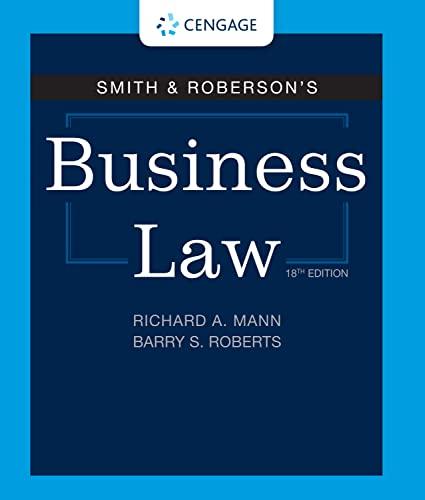Answered step by step
Verified Expert Solution
Question
1 Approved Answer
The officer who made the observations is not the one who wrote the warrant, but he received a thorough briefing via phone and then email
The officer who made the observations is not the one who wrote the warrant, but he received a thorough briefing via phone and then email by the officer who did witness the probable cause. He did verify most of the facts in the warrant with the supervising officer but not all of them, as the affidavit had to be submitted quickly and there was some new information to add in. These small factual inaccuracies showed the officer tried to verify the information in the affidavit to the best of his abilities and did review the information sent to him. These errors are not great and do not invalidate the good-faith exception. The arresting officers had reason to believe the warrant was valid because it mostly was. The defense argues that it doesn't matter if the officer had fact checked most of the warrant, he used mostly conjecture based on what he had already heard to come up with the last part of the warrant and made unfounded claims. Do you think the evidence should be admitted in court
Step by Step Solution
There are 3 Steps involved in it
Step: 1

Get Instant Access to Expert-Tailored Solutions
See step-by-step solutions with expert insights and AI powered tools for academic success
Step: 2

Step: 3

Ace Your Homework with AI
Get the answers you need in no time with our AI-driven, step-by-step assistance
Get Started


